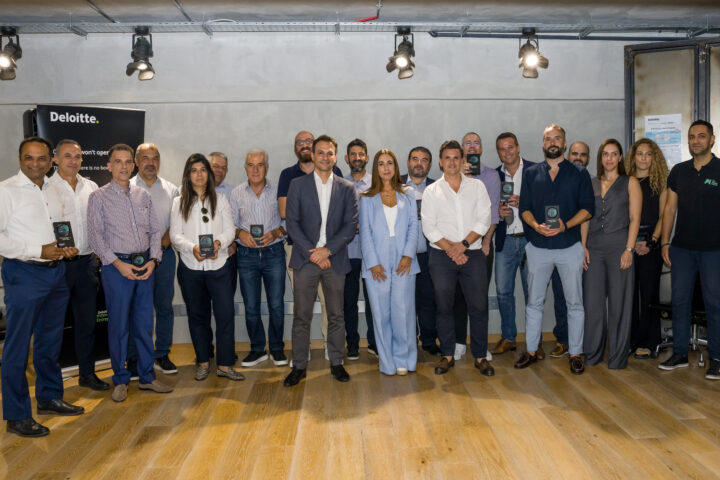The beginning of the year marked the stage of excitement over the potential of Artificial Intelligence (AI), which appeared poised to take over all the jobs, and I mean, all the jobs, from content writers to doctors.
Six months later, the reality is sinking in that AI is another tool that requires human expertise to make it work.
If human expertise and experience are not there to activate AI, like any tool, it’s of little use.
Although AI is a wonder of human ingenuity, content writers, translators, interpreters, and wordsmiths of all kinds are still needed as an essential part of making AI a useful part of working life.
The number of mistakes AI makes is a cautionary tale, meaning that editing skills are even more in demand than ever.
AI tools like ChatGPT lack the context and the myriad of human experiences and emotions needed to write high-quality texts.
Also, AI tools don’t second-guess or double-check the output they generate, which is possibly its most serious weakness.
AI readouts are phonetic, for example, meaning that the words are pronounced as they are spelt instead of fluently.
The other day I heard an AI voiceover say ‘blade’ incorrectly by pronouncing the ‘e’ at the end, as in ‘bladee’.
Any company which wants to take shortcuts by using AI must bear in mind there is plenty of scope for embarrassing screw-ups that could reflect on professional standards.
Here are a few reasons you still need a content writer in the age of AI.
To edit any texts produced by AI.
To fact-check the information in AI texts.
To give AI the correct inputs and prompts for the best possible result.
To check for copyright infringement and plagiarism.
To add emotional context. Readers are not AI machines or robots.
To check for cultural context and appropriateness.
Having said that, AI tools provide good support for writers, especially at the drafting stage, for grammar checks, and for suggesting polishing touches.
They’re also effective for research, provided the researcher is experienced enough to double-check AI results.
The correct and professional use of AI could avoid negative consequences like lawsuits.
Lawsuits
AI laws are in their infancy, but some other well-established favourites apply to written texts – such as copyright laws.
It takes a millisecond for an AI chatbot to access copyrighted material and throw it into a text because of its relevance to the prompt.
The problem is that the person requesting the text might not understand that the information is copyrighted.
For this reason, it’s important for the engineers who build AI tools to include copyright warnings for specific texts, not just a general warning that materials could be copyrighted.
It’s also the writer’s responsibility to ensure they’re not using someone else’s words without permission or citation.
An expert writer would know to paraphrase copyrighted material or quote the other writer directly to respect copyright and give credit where credit is due.
The problem with AI is that in the context of retrieving information from a database, there are no value judgments made by the AI tool; it just throws up what it finds as a match for the request.
As a result, writers and companies must be cautious and check for copyrighted material before releasing anything in writing.
AI lacks creativity
Creativity is difficult. It’s about reaching down into a morass of life experiences, emotions, and knowledge to come up with a subjective definition of an aspect of life that connects with others.
It’s not just copyrighted words; the writer’s unique outlook on life carries weight.
Perspective is difficult to duplicate because no one has walked the same path in their journey; it’s always slightly different – or very different – from every other human being.
I anticipate that far from taking over the creative writing field, AI tools will be useful for supporting creative writers in the brainstorming and research stages.
There are many good reasons to keep a content writer on staff or outsource one that you trust because AI is far from being a replacement.
Think of AI as a tool for writers rather than a substitute, and it will be closer to a realistic evaluation of what this technology can do for a company.
Sarah Fenwick is a seasoned freelance writer with a deep background in online marketing, content writing and copywriting, and the author of ‘The Light Walker’.










